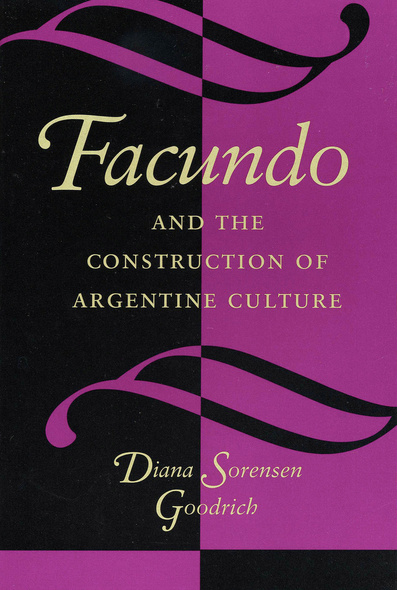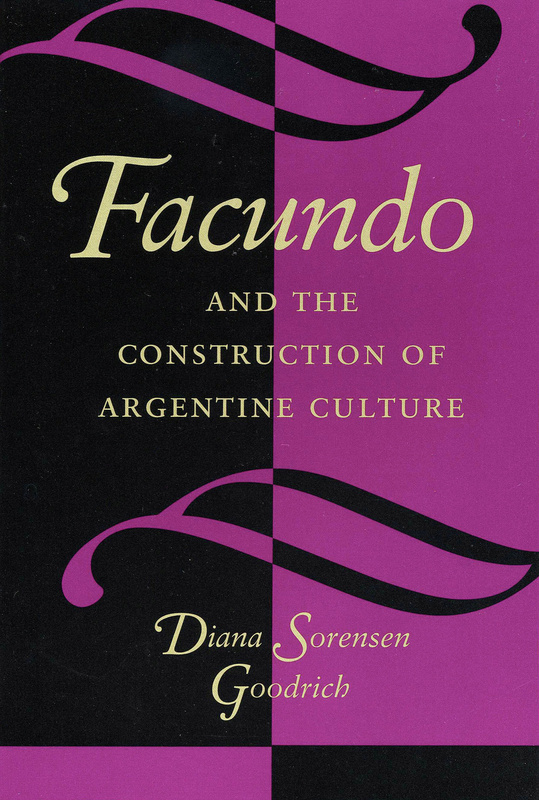Facundo and the Construction of Argentine Culture
Domingo F. Sarmiento's classic 1845 essay Facundo, Civilizacion y Barbarie opened an inquiry into the nature of Argentinian culture that continues to the present day. In this elegantly written study, Diana Sorensen Goodrich explores the varied, and often conflicting, readings that Facundo has received since its publication and shows how these readings have contributed to the making and remaking of the Argentine nation and its culture.
Goodrich's analysis sheds new light on the intersection between canon formation and nation-building. While much has been written about Facundo as a primary text in Latin American letters, this is the first study that locates it within the problematics of canon formation and the cultural, social, and political contexts in which conflicting interpretations are constructed.
This new approach to Facundo illuminates the interactions among institutions, cultural ideologies, and political life. This book will be important reading for everyone interested in questions of national identity and the institutionalization of a national tradition.
Goodrich examines in learned detail a founding text of Argentine social and cultural
history.... There is no competing study of this caliber.... As an example of intellectual
history, it is superbly done.
Rothenberg Professor of Romance Languages & Literatures and of Comparative Literature
at Harvard University.
- Acknowledgments
- Introduction
- One. The Wars Of Persuasion: Conflict, Interpretation, and Power in the Early Years of Facundo’s Reception
- Two. The Risks Of Fiction: Facundo and the Parameters of Historical Writing
- Three. The Wiles Of Disputation: Alberdi Reads Facundo
- Four. Facundo’s Travels To The Metropolitan Centers
- Five. The Nation Consolidated: The 1880’s and the Canonization of Facundo
- Six. A Classic Corrected: Rewriting the National Myths
- Notes
- Bibliography
- Index






